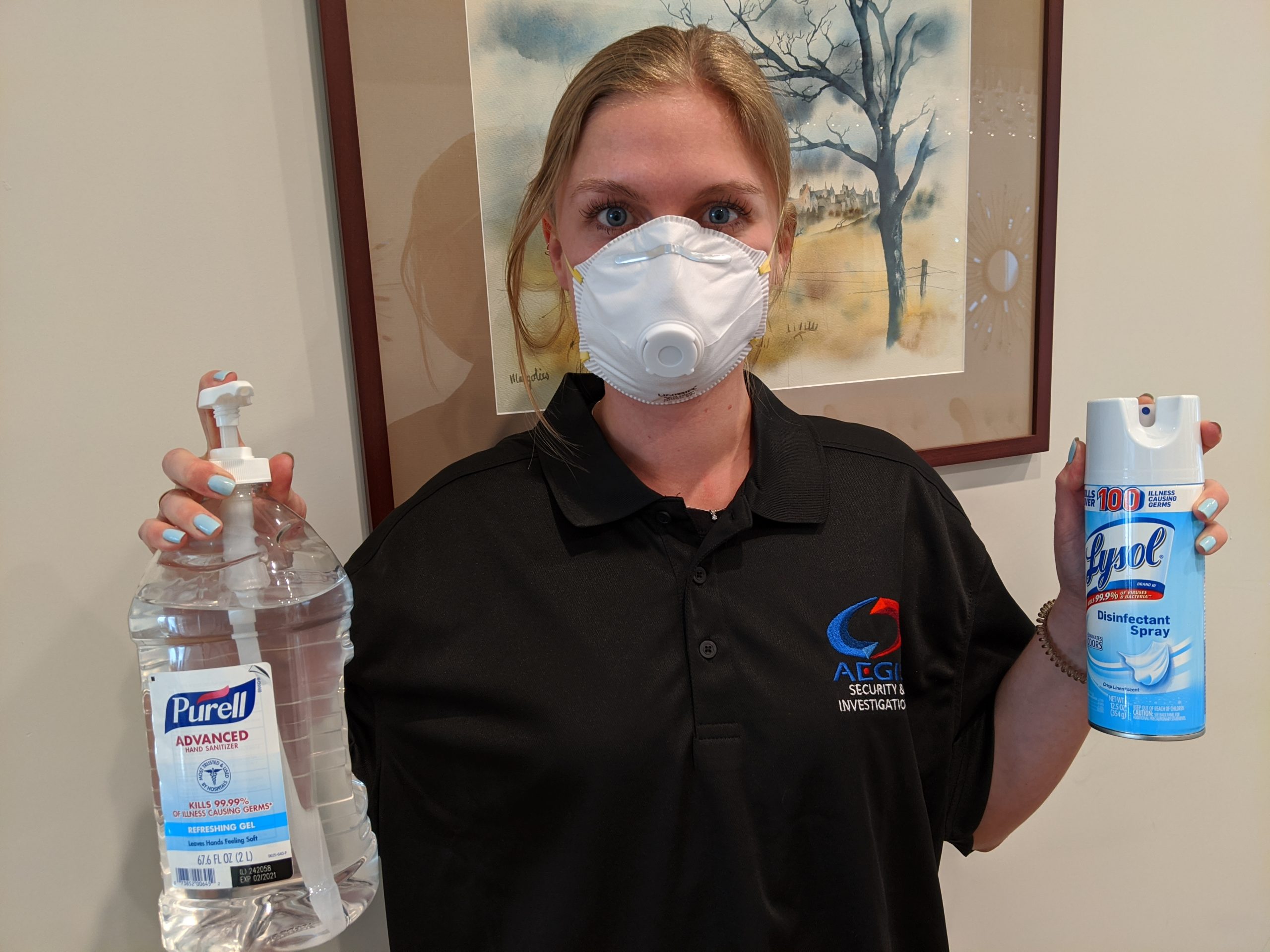Working from home during the COVID-19 pandemic poses new challenges and security risks to you as the employee and your sensitive work data. As we’re entering into our third week of the Safer at Home Emergency Order in Los Angeles and across the country, citizens are settling into their new work routine. Make sure you are following industry best practices to keep your information safe while working from home that requires minimal effort while protecting you from hackers and scammers.
Online Security
Download or update your existing Security Software: Easy to install security software (like the Norton Security Standard) will protect your identity, financial information, and data from cybercriminals. You’ll need to make sure your computer’s operating system is up to date with it’s newest version so all of your software is updated and downloaded properly.
Bulk up password security: You hear it all the time, make sure your passwords have at least 12 characters and are a mixture of symbols, numbers, and letters. You may consider updating and changing your passwords now that you are working from home. A hacker needs just one piece of personal information that gets them access to your work accounts.
Home Internet Network: We want to make it as difficult as possible for a hacker to interpret and detect your information. By enabling the WPA2 or WPA3 encryption on your internet router at home, you are scrambling your browsing data. Need more help and tips on encryption? Check out the Federal Trade Commission’s tips here.
Multi-factor authentication: Have you ever been told to check your mobile phone for a code after logging into an online account? If yes, then you’ve used multi-factor authentication (MFA). This is simply asking for two or more credentials, or proof, that you are who you say you are when logging into an account. Always opt to use MFA; it’s another barrier hackers need to break through to log into your accounts.
Screen your emails: Most external emails are screened for you and sent to your spam or junk folder, but you’ll need to stay vigilant when you receive emails that appear to be internal and business realted, like the CEO imposter scams. If you receive an email from your boss or a higher up within your company asking for urgent payment in the form of wiring, gift card codes, or fund transfers, don’t hesitate to call and confirm the message was in fact from the listed sender. Opt to use a phone number you have saved in your contacts or in the company directory rather than a phone number in the email signature.
Taking precautionary steps to verify payment requests may save you from sending money to a con artist.
Physical Security
Securely your laptop: Putting your work-issued laptop into an in-home safe or a locked room when it is not in use is best-practice for physical security when working from home. Additionally, enable a password or passcode to access the laptop.
Shred your sensitive documents: Shredding documents with yours or a customer’s personal information is the only way to ensure physical documents are not going to be used by identity thieves.
Lock up sensitive data: If your job requires transferring confidential information from the office to your home, consider limiting access to yourself or only those who need it. Set up a calendar alert or alarm for the end of the business day to secure the sensitive files or flash drives into a filing cabinet or into a locked room.
Protect your home: With it feeling like society is crumbling, you may want to upgrade your home security system. The Ring Alarm and the SimpliSafe systems both provide plug and play functionality.
It is important to know who you reach out to within your company if you think your work data has been compromised while working from home. Reach out to your company’s IT department or your supervisor for your company’s direct resource for additional information or if you think you or your data has been compromised.






